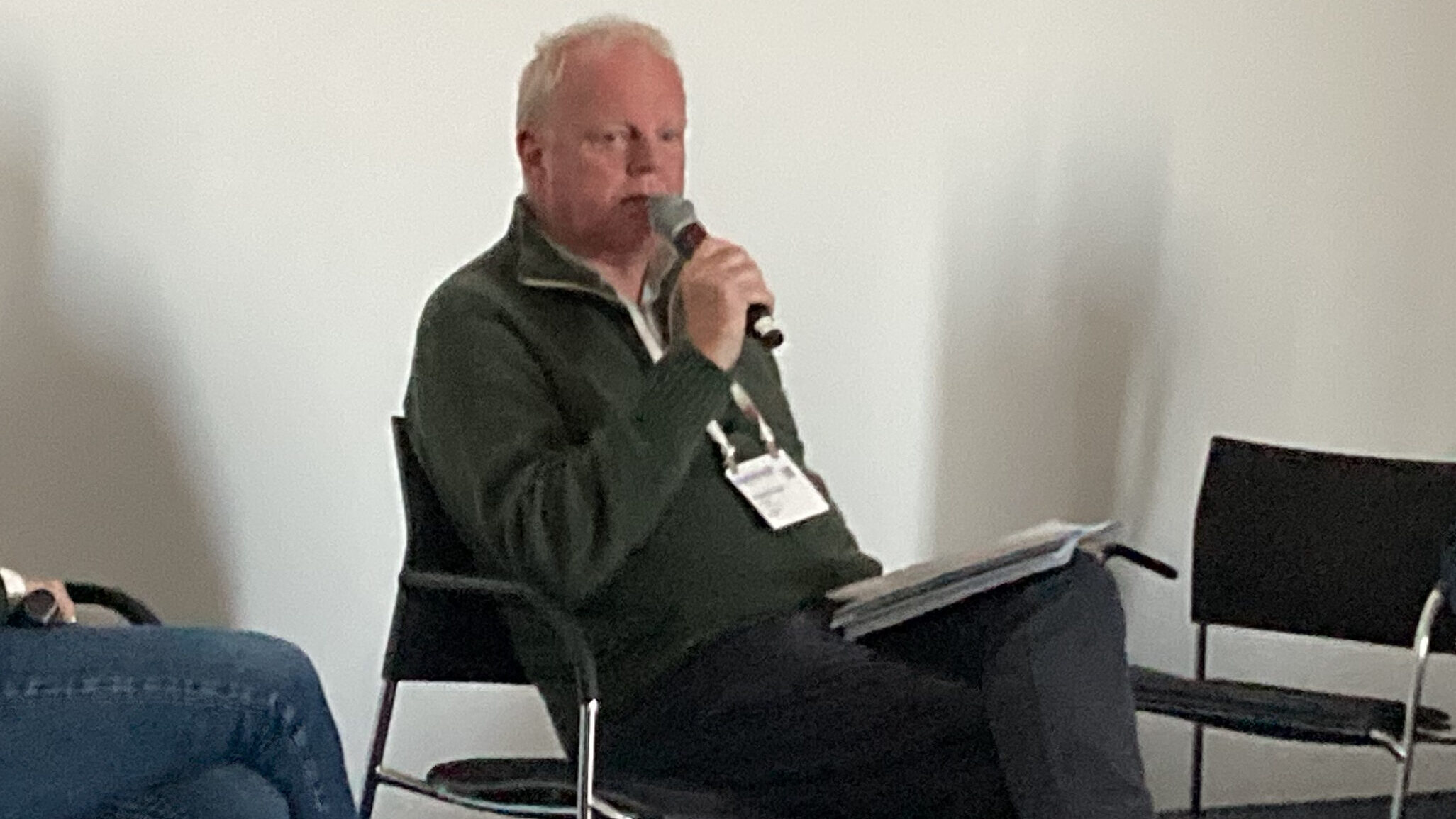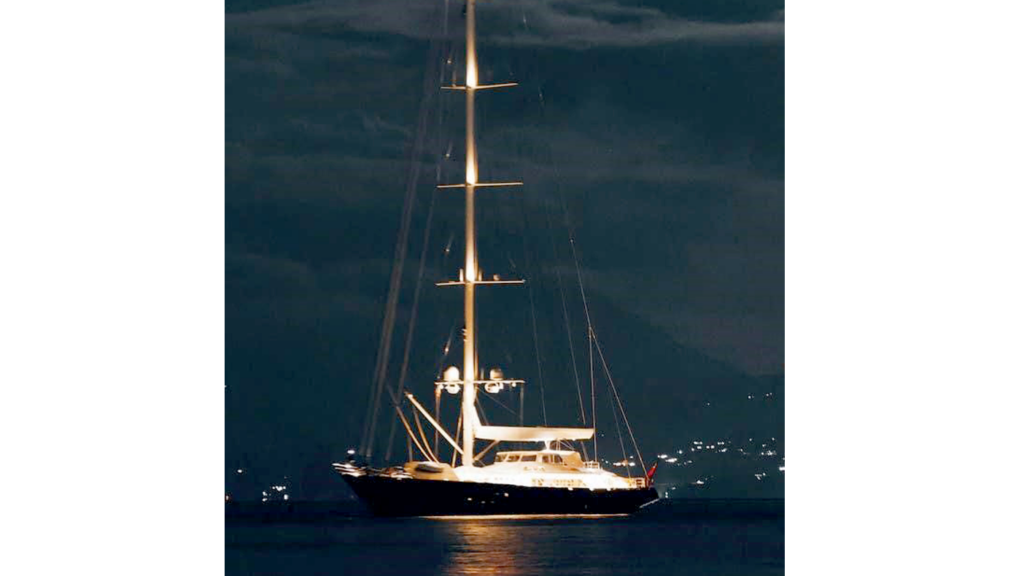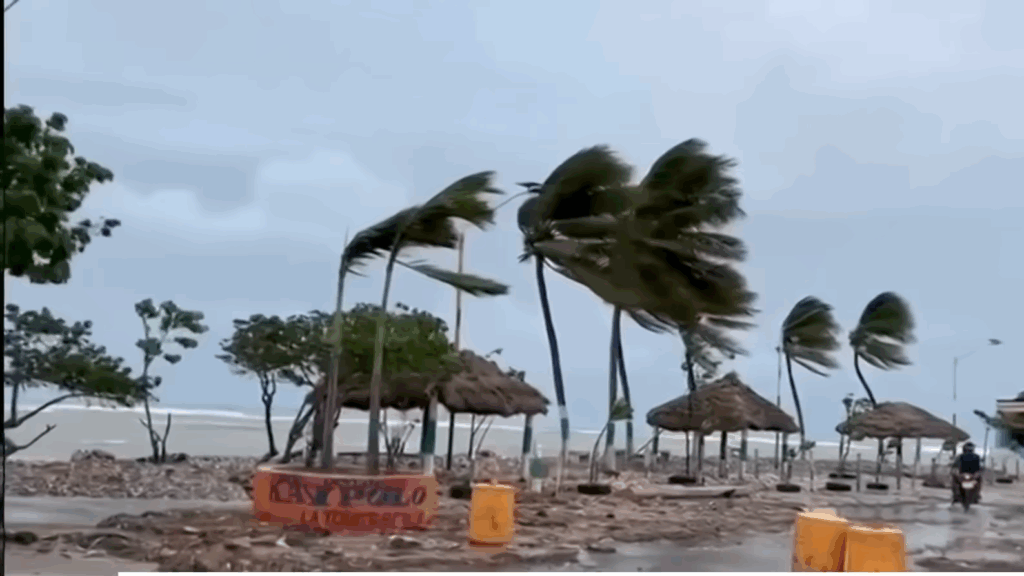Climate change isn’t just rewriting weather patterns — it’s rewriting the rules of yacht insurance. At Metstrade’s Marine Impact Lab, long-time yacht and superyacht insurance broker Richard Power warns that the cost of climate inaction is already hitting the marine market. With reinsurance losses soaring, insurers retreating from volatile regions and the threat of named windstorm exclusions spreading, the future of insuring performance and other yachts is becoming increasingly uncertain.
Since 2017, the reinsurance market (the marketplace of insurers who insure insurance companies) has paid out $750 billion in losses from natural catastrophes, much higher than the previous 15 years he says.
Climate volatility is already reshaping insurance
And now Power’s worried about the growing practice of naming storms. The phenomenon was started many years ago in the Caribbean by the US Weather Service. But he’s concerned that the practice will spread. And if it does, it may present insurers an excuse to exclude loss or damage from named windstorms for example, in the Mediterranean.
“I don’t think it’s beyond the demands of possibilities most insurers have pulled out of ensuring yachts for hurricane risks if they’re in a particular area in the Caribbean in the hurricane season.”
Power has “absolutely no doubt” that climate change is a major factor in premiums increasing, or the supply of insurance contracting, over the last 10 or so years.
He says the capacity for yacht insurance immediately after 2016 almost disappeared completely after a series of very bad hurricanes in the Caribbean.
“It’s gradually coming back but it’s nowhere near to the levels that it was and it is a sector that is undersupplied.
“If that weather becomes more and more volatile and the supply of insurance for boats that want to sail in that part of the world starts to contract, there’s going to be more wrecks that no insurer is obliged to pay for the removal of.”
Race boats and the cautious underwriter problem
The marine sector is populated by extremely cautious underwriters.
“If you own or you run high performance race boats you’ve got to actually be an optimist and not rely on your insurance,” Power says as the cost of climate change inaction has already been demonstrated.
“If you think of the yacht insurance demand as a whole, your cautious insurer is always going to aim for the big white motorboat rather than the IMOCA 60.
“Restoring the market to a level where it actually has an appetite for IMOCA 60s and other grand prix race boats is a long term project at the moment.”
Power’s comments came at the Marine Impact Lab’s inaugural event a day ahead of Metstrade official opening.
Sustainability as the next competitive advantage
Speaking of insurance being all about the transfer of risk, he says the Holy Grail which the sector needs to strive for is demonstrating that the practices that it’s following in a sustainability direction present a better risk to the insurer than following traditional practices in whatever shape or form.
“It’s a win-win,” Power says when sustainable production practices represent a better risk than somebody who’s using traditional practices.
He notes that insurance markets have significant revenue-generating capability through premium taxes, suggesting that even a 1 per cent redirection on premiums could generate substantial funds for sustainability initiatives.
The post Metstrade: Climate risk may reshape yacht insurance market appeared first on Marine Industry News.



Leave a Reply